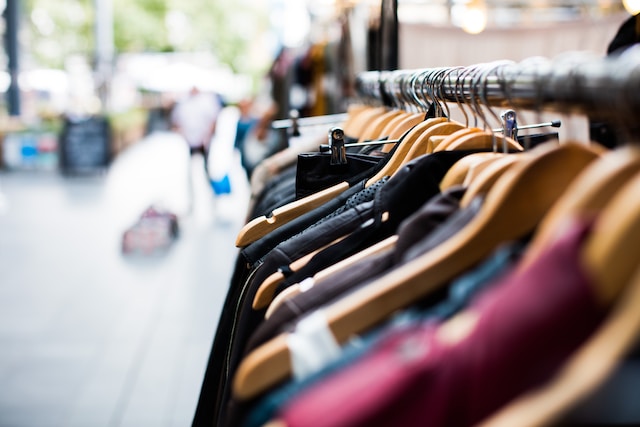Counterfeit and Replica Goods Laws in Pakistan
In the global marketplace, counterfeit and replica goods are a significant concern for many businesses. This is especially true for popular brands such as Rolex and Gucci, which are frequently the target of illegal counterfeit operations. In Pakistan, there are specific laws and regulations that govern the sale of counterfeit and replica goods. This article explores the legality of selling replica products in Pakistan, the laws and penalties for counterfeit goods, the replica watch market, and where one can legally buy replica goods in Pakistan.
Is it Legal to Sell Replica Products in Pakistan?
Under Pakistani law, selling replica products is generally considered illegal. This is because replica goods are often mistaken for genuine products, leading to brand infringement and a loss of revenue for the original brand. The sale of counterfeit goods can also mislead consumers and harm the reputation of the original brand.
What are the Laws and Penalties for Counterfeit Goods in Pakistan?
The laws and penalties for selling counterfeit goods in Pakistan are quite strict. Under the Trademark Ordinance of 2001, anyone caught selling counterfeit goods can face imprisonment for up to 3 years and/or a fine of up to 1 million PKR. Repeat offenders can face up to 7 years in prison and/or a fine of up to 2 million PKR.
Which Laws Govern the Sale of Replica Goods in Pakistan?
The primary laws that govern the sale of replica goods in Pakistan are the Trademark Ordinance of 2001 and the Copyright Ordinance of 1962. These laws protect the rights of brand owners and prohibit the sale of counterfeit goods. In addition, the Customs Act of 1969 gives customs officers the power to seize and destroy counterfeit goods at the border.
How Big is the Replica Watch Market in Pakistan?
The replica watch market in Pakistan is sizable, with many consumers seeking out replicas of popular brands like Rolex due to their high price points. While the exact size of the market is difficult to measure due to the illegal nature of counterfeit goods, it’s estimated that millions of dollars are spent on replica watches in Pakistan each year.
Where Can One Legally Buy Replica Goods in Pakistan?
While the sale of replica goods is generally illegal in Pakistan, there are some legal ways to purchase these products. For example, some online platforms offer ‘first copies’ or ‘AAA copies’ of popular brands. These products are often sold at a fraction of the price of the original and are marketed as high-quality replicas. However, it’s important to note that these products may not have the same quality or durability as the original.
What Government Laws Exist Regarding Counterfeit and Replica Goods in Pakistan?
The Pakistani government has implemented several laws to combat the sale of counterfeit and replica goods. These include the Trademark Ordinance of 2001, the Copyright Ordinance of 1962, and the Customs Act of 1969. These laws are designed to protect the rights of brand owners, prevent consumer deception, and discourage the sale of counterfeit goods.
In conclusion, while the replica market in Pakistan is large, the sale of these products is generally considered illegal under Pakistani law. Those found selling counterfeit goods can face significant penalties, including imprisonment and fines. Consumers interested in purchasing replicas of popular brands should be aware of the potential risks and legal implications.
While it's clear that all the legal repercussions are on the seller, the buyer should make sure to find a trusted dealer, since there is a lot of scam in the replica industry. If you are in the market for Replica Rolex watches, make sure you choose a trusted and reputable vendor.
